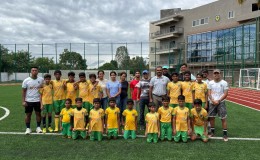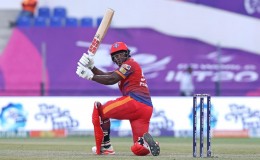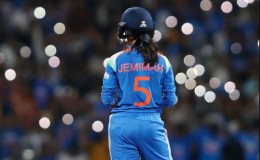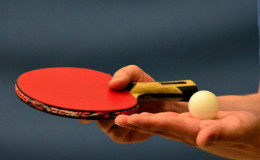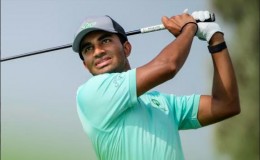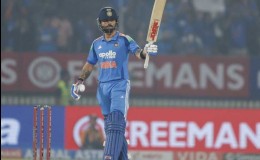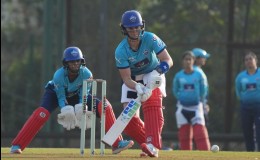The ICC Chief Executives’ Committee (CEC) met in Dubai on Monday and Tuesday to discuss a range of issues relating to the playing and business of cricket, some of which will be considered by the ICC Board when it will hold its fourth and last meeting of the year in London from 17-19 October.
Umpires, over rates and bad light
The CEC received a report on the outcomes from a recent three-day workshop for international umpires and match referees. Following on from this report, the CEC Members confirmed their collective support for the international umpires and the spirit of the game, which under the Laws of Cricket requires that the umpire’s decision be accepted without question.
The CEC also endorsed the umpires’ intention to become far stricter on poor over-rates and time wasting and to maximize playing time in conditions where it is safe to do so.
Use of technology in umpiring
The CEC reviewed the performance of the Decision Review System (DRS) during the Ashes series and received an update on a technology trial that was conducted during the Old Trafford Test. A paper prepared by Cricket Australia (CA) and the England and Wales Cricket Board (ECB) following their series in England was also discussed.
The CEC agreed that a Working Group be constituted to consider how the ICC should best use technology in umpire decision-making in the future. The considerations of the group will be wide ranging and include a review of the objectives and philosophies of using technology, the technologies, protocols and procedures as well as the role and training of television umpires.
It was also agreed that a trial will be conducted whereby a team’s referrals will be topped-up to two reviews after 80 overs of an innings. This trial will start from 1 October 2013 in all Test matches in which the DRS is used, with the results being monitored and considered by the Working Group.
Noting that most of the contentious decisions relate to faint edges, the performance of the Real-Time Snickometer during the ICC Champions Trophy 2013 and the Ashes, and the potential to use this technology to assist the umpires in making these decisions was discussed. An independent assessment of this technology will be conducted before a decision is made on its inclusion in the list of approved DRS technologies.
In addition, the Committee noted the focus on training of television umpires at the recent Elite Match Officials workshop and supported the continued investment in this area.
ODI Playing Conditions
The ICC Cricket Committee had recently reviewed the current ODI playing conditions which include provision for the use of two new balls per innings and had recommended that the playing conditions should remain unchanged. The CEC discussed the matter in detail.
Following due consideration of the Cricket Committee’s views and the arguments for and against retaining the two new balls provision, opinions of the CEC members remained divided and, as such, the current playing condition remains as is.
The CEC asked the ICC Cricket Committee to prioritise investigations into the development of a ball that can last the full 50 overs of an innings whilst still providing a fair balance between bat and ball.
The CEC also approved the ICC Cricket Committee’s recommendation that in an ODI reduced to 25 overs or less prior to the start of first innings, only one new ball will be used per innings. This regulation will come into effect from 1 October 2013.
Other notable issues discussed:
Approved Balls List – confirmed the introduction of a list of balls currently approved for use in international cricket.
ICC World Test Championship – confirmed that the launch of the event will take place at a media function to be held in Dubai in October, coinciding with the start of the Pakistan/ South Africa Test series.
Broadcast Cameras on/over the field of play – approved a set of guidelines/regulations for the use of broadcast cameras on/over the field during international matches.
Amendment to the Code of Conduct – confirmed an amendment to the Code of Conduct as previously agreed by the ICC Board at the June meeting, preventing the tactic of a team switching its captain to avoid an over rate suspension on the captain.
Amendment to ICC Player Eligibility Regulation – confirmed an amendment to the ICC Player Eligibility Regulations as previously agreed by the ICC Board at the June meeting, providing that the standout period for a Full Member player who wishes to return to his original Associate or Affiliate Member shall be reduced from four years to two years.
ICC Chief Executive David Richardson, reflecting on the meeting, said: “It has been an excellent engagement in which we discussed a series of issues, some of which will be taken forward to the ICC Board which will meet in London next month. The unanimous support for the authority of the umpires and commitment to the Spirit of Cricket was particularly pleasing.”

